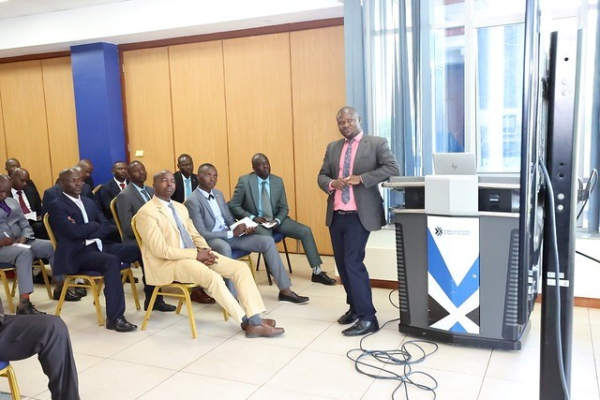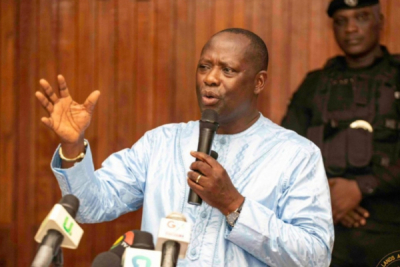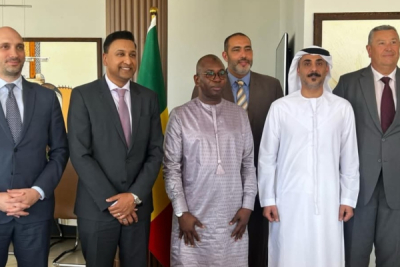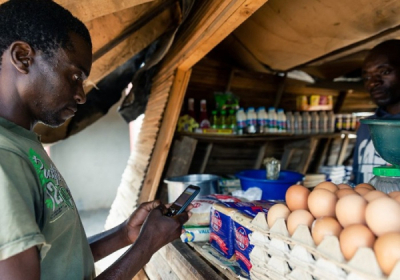The telecommunications sector is a vital driver of Africa’s digital economy. Regulating the distribution and sale of equipment fosters a competitive and well-structured market, ensuring that businesses and consumers have access to reliable, high-quality devices, which are essential for comfortable user experience and growth.
Kenya has developed a new regulatory framework to enhance the telecommunications equipment market. The Telecommunication Equipment Distributor (TED) Licence, proposed by the Communications Authority of Kenya, aims to ensure compliance with industry standards, reduce e-waste, and promote accountability among distributors and vendors in the ICT sector. Stakeholders and members of the public have until January 23rd, 2025 to review the proposals and submit their feedback.
According to the Communications Authority, “the current review aims to remove certain market barriers identified over time, in line with the Authority’s mission of enabling regulation.”
The TED Licence will be required for wholesale suppliers of communication equipment, such as importers and distributors, and foreign manufacturers who wish to distribute their products locally. Kenyan manufacturers are exempt from this requirement but must sell their equipment exclusively to licensed TEDs. Local manufacturers wishing to distribute their products directly to vendors must still obtain a TED Licence. Licence holders must obtain type approval for all low-power communication equipment they sell, ensuring compliance with standards, a minimum one-year warranty, and spare parts availability.
The Licence will involve an application fee of Kshs. 5,000, an initial licence fee of Kshs. 250,000, and an annual operating fee of Kshs. 120,000 or 0.4% of gross annual turnover, whichever is higher. A total of Kshs. 375,000 ($2,883) for the beginning. The licence will be valid for 15 years.
This regulatory framework aims to standardize the telecommunications equipment market, enhance consumer confidence in ICT products, support sustainability by curbing e-waste, and foster fair competition by clearly defining the roles of manufacturers, importers, and vendors. By implementing these measures, Kenya is taking a significant step toward creating a more accountable and efficient telecommunications equipment market while promoting a sustainable and digitally inclusive future.
The move complies with Section 24(1) of the Kenya Information and Communications Act, 1998, which provides that “No person shall operate a telecommunication system or provide any telecommunication services except per a valid Licence granted under this Act. For players like Starlink, who market their telecommunications equipment, the new requirements may introduce additional costs, potentially affecting the pricing of their antennas in the market.
Hikmatu Bilali



















